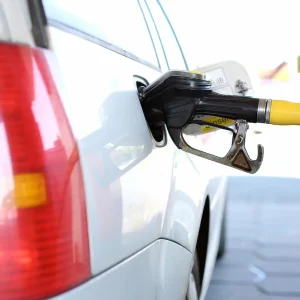Ford is hoping to build market awareness of its Ecoboost technology in the run-up to Euro6 emissions legislation that kicks in next September.
The firm’s range of Ecoboost engines consist of lightweight small-capacity units that use turbocharging to offer the power of a larger engine but the efficiency of a small one.
The latest, driven on page 27, is a three-cylinder 1.0-litre engine, and Ford’s fleet boss Kevin Griffin told BusinessCar that the company is working hard to overcome the perception issues attached to offering corporate drivers a 1.0-litre car.
“It’s going to take us some time to get fleets understanding because they are so diesel-focused,” said Griffin. “It’s not going to change the world for us in one go – the key for us will be stage-six [Euro6] diesels, which are likely to be more expensive.
“Provided we get Ecoboost in the market and understood as an alternative to diesel, the strengths will come through,” continued Griffin. “We can offer petrol at the same CO2 level as diesel but at a different price point.”
The three-cylinder Ecoboost engine was recently named International Engine of the Year in the annual Engine Technology International awards. It also picked up the gongs in the new engine and sub-1.0-litre categories in results decided by a panel of 76 experts from around the world.
Ford is in the process of removing references to engine size from its price lists, having already done so on the vehicle badging, with a focus on the power of a vehicle taking precedence.
The plan is for the 1.0-litre Ecoboost engine to be used in other vehicles, including the C-max, facelifted Fiesta due late this year, and the new B-max coming this autumn, and as well as the 100hp and 125hp versions revealed already, there is, according to reports, the possibility of stretching it up to around 180hp.
Ford is far from abandoning diesel though, with an optimised 89g/km Focus Econetic coming before the end of the year, and a 99g/km alternative that will be available across all trim levels.
The electric Focus also arrives next year, although Griffin isn’t expecting significant demand, and Ford won’t be pushing electric as hard as the likes of Renault and Nissan have done. “It’s there if someone wants one,” he said.
Follow BusinessCar on TWITTER.





